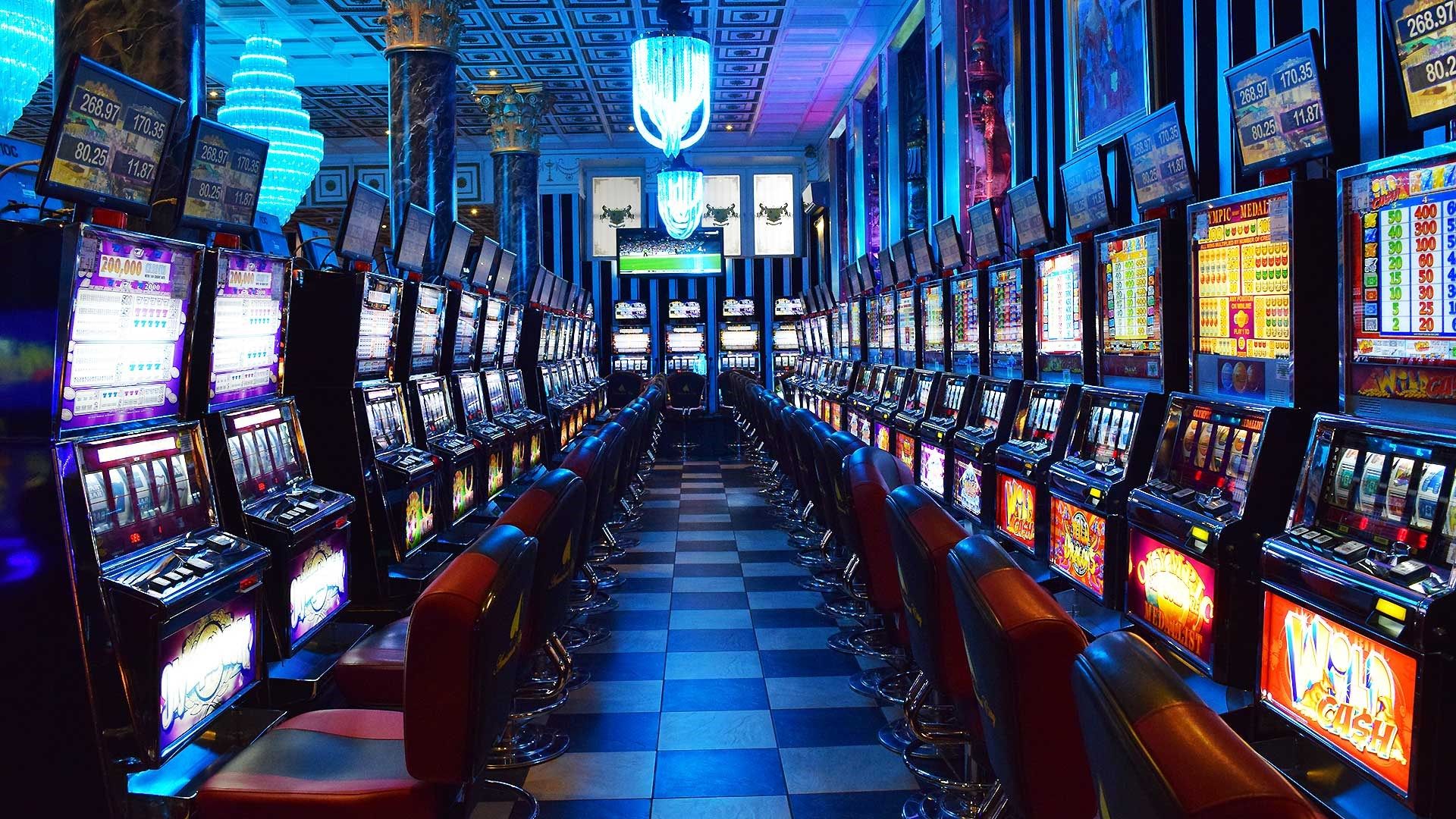
Casino games have long been an integral part of human culture, providing not just entertainment but a captivating reflection of our hopes, dreams, and fears. From the turning reels of a slot machine to the tactical play of poker, these games encapsulate a spectrum of human sentiments and events. At their core, casino games are more than a chance to win money; they are a microcosm of life itself, where risk versus reward intertwine and fortunes can change in an eye blink.
As players assemble around tables or sit in front of glowing machines, they take part in a ritual that transcends mere gambling. These games reflect our natural desires for social interaction, excitement, and the pursuit of luck. They also disclose deeper truths about human behavior, such as our relationship with fate and the thrill of risk. In exploring casino games, we reveal not only the mechanics of play but also the rich tapestry of the human journey, showcasing our interconnected narratives of aspiration and reality.
The Psychology of Gambling
Gambling is deeply rooted in human psychology, tapping into various feelings and desires. The thrill of taking risks is a core aspect that draws players in, be it it’s thrill of spinning a roulette wheel or the excitement of drawing a winning hand in a poker game. This rush of adrenaline is frequently likened to other forms of excitement, as the uncertainty of outcomes triggers a distinct psychological response. Players often become entranced by the possibility of striking it rich, leading to an almost magnetic draw toward gambling games.
Additionally, an essential component of the psychology behind gambling is the concept of hope and ambition. Players often nourish dreams of financial freedom and the opulent lifestyle that can follow winning. This optimism fuels their ongoing participation in gambling, as it provides a sense of purpose and the belief that a transformative win could be just one wager away. The narrative of beating the odds and achieving success resonates with many, strengthening their commitment to play and involve themselves with these games.
Lastly, social dynamics play a crucial role in gambling psychology. Gambling venues are designed to foster social interaction, where players gather to share the experience of wins and losses. This shared aspect not only enhances enjoyment but also affects behavior, as individuals often mimic the actions of others in their vicinity. The collective approval found in mutual thrill can enhance the emotional experience, making casino games a reflection of not just personal desires but also collective engagement within the gambling community.
## The Dual Nature of Risk and Reward
Casino games embody the fragile balance between danger and reward that resonates profoundly with human psychology. The excitement of placing a bet is often accompanied by a rush of adrenaline, as players are confronted with the possibility of a huge payout, yet cognizant of the risk to lose. This twofold experience reflects a fundamental aspect of life: the paths we choose often come with intrinsic risks, and the quest for benefit can compel us to embrace risks we might not typically consider. In this way, gambling activities echo real-world decisions, enticing gamblers to gamble not just their funds, but also their dreams.
The allure of big prizes and payouts fuels a sense of optimism, inspiring gamblers to envision a brighter future that could manifest from a fortunate turn of the roulette or flip of a card. This positive outlook can compel individuals to engage in more daring actions, urging them to take greater risks in search of monetary success. However, just as in life, the consequences of these decisions can lead to both triumph and failure. The narratives of both jackpot winners and those who have faced losses everything at the casino demonstrate the unpredictable nature of chance and its significant effect on our existence.
Ultimately, the interaction of engaging with gambling activities serves as a strong reminder of the nature of humanity. Every game played is filled with the tension of risk, as gamblers weigh the rewards against the risks. This dynamic not only highlights the thrill that comes with gambling but also unveils the risks that come with the desire for more. As we navigate the complexities of decision-making and results in both the gambling world and in life, we find that the quest for gain shapes our character and journeys in deep ways. casino en ligne
Community and Solitude in Casino Environment
Gambling environment is a distinct blend of social engagement and personal endeavor, reflecting the contrasts of individual experience. Gamblers often come together around games, sharing in the thrill of the action, celebrating wins, and commiserating over losses. This communal aspect is essential, as it fosters a sense of community and camaraderie among diverse groups of people. Regular attendees to casinos may build friendships and establish routines, turning the gambling venue into a second home where they experience linked to a greater community of players.
However, the appeal of casino games can also lead to loneliness. As players become immersed in the excitement of gambling, they may isolate from personal connections or neglect to interact with the world outside the casino. For some, the search of a jackpot can overshadow genuine connections, leading to loneliness. The situation of being among others yet feeling solitary is not uncommon, as the focus shifts from shared enjoyment to the individual stakes of each player’s path.
This interaction of society and solitude creates a rich mosaic that defines gaming culture. It highlights the intricacy of human interactions, where happiness and sorrow coexist. Casinos serve as both a sanctuary for social engagement and a stage for individual challenges, demonstrating how deeply connected our yearning for companionship and the personal quest for fortune can be. In navigating this environment, players confront their own narratives—seeking both the thrill of the wager and the fellowship of fellow gamblers, eventually mirroring the wider spectrum of individual experience.